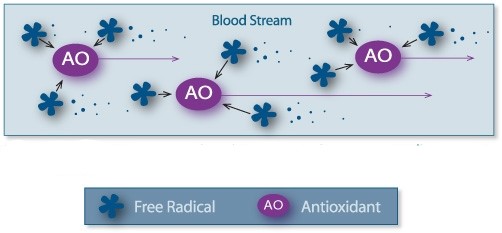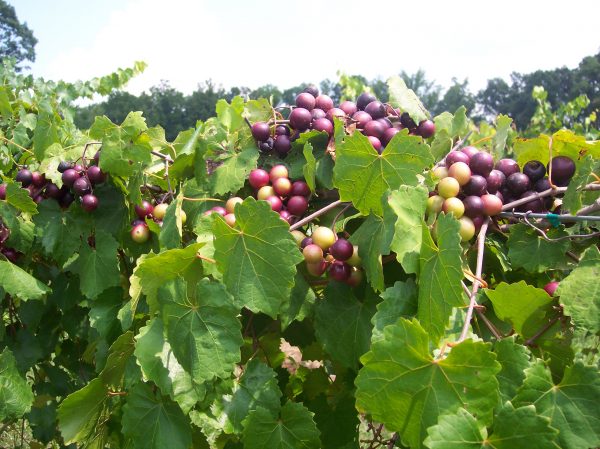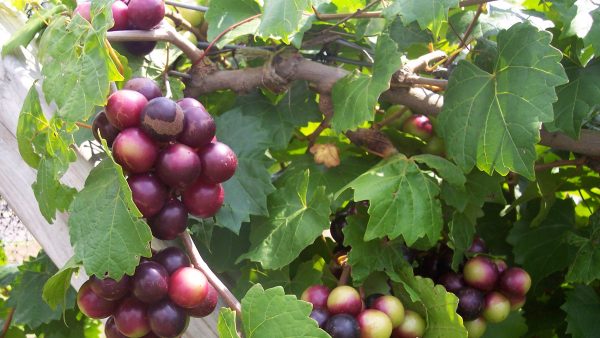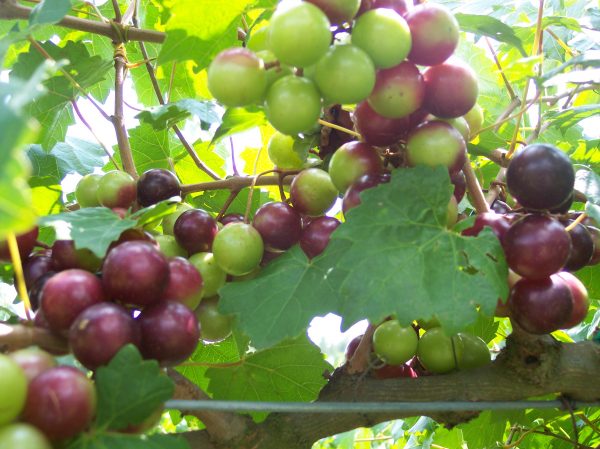Many of the phytonutrients present in the Muscadine Grape have been recognized as powerful antioxidants and anti-inflammatory agents. Antioxidants are important because they rid the body of free radicals that damage our cells. Free radicals are caused by exposure to radiation, tobacco smoke, pollutants, solvents, and even intense exercise. Damage to DNA can also occur which can cause cell mutations resulting in cancer. There is strong evidence relating free radicals to aging and disease processes, e.g., cancer, atherosclerosis, immune system decline, brain dysfunction, cataracts, birth defects, rheumatoid arthritis, and inflammatory bowel diseases such as Crohn’s disease and ulcerative colitis. How Muscadine Grape phytonutrient antioxidants work is by binding and inactivating free radicals in the blood stream and in tissues.
Free radical production is controlled by several factors including antioxidants consumed as part of the diet. Some foods and supplements have higher antioxidant capacity than others. The Muscadine grape has over twice the antioxidant power as the blueberry based on Oxygen Radical Absorbance Capacity (ORAC) measurement.
Antioxidants can help prevent the initiation, propagation, and termination of free radicals. Muscadine grapes and the antioxidants present in this grape have been studied as powerful antioxidants. Some of the most notable phytonutrients studied as antioxidants and anti-inflammatory agents found in the Muscadine grape include but are not limited to:
- Resveratrol
- Piceatannol
- Ellagic Acid
- Catechin
- Epicatechin
- Quercetin
- Myricetin
- Pterostilbene
- Gallic Acid
- Pectin (a dietary fiber)
- Kaempferol
- Vitamin C
- Caffeic Acid
- Anthocyanidins
- OPCs Oligometric Procyanidins
These phytonutrients are well-known in the scientific and health care professional community for their beneficial effects. Many have been studied as effective antioxidants and anti-inflammatory agents. While a high ORAC value is important, “many scientists think that the disease-fighting benefits of fruits and berries is not just due to their ability to provide antioxidant protection. It is also highly likely that phenolic compounds like resveratrol and quercetin produce specific gene responses reducing inflammation and improving the health of the heart and other organs.”





